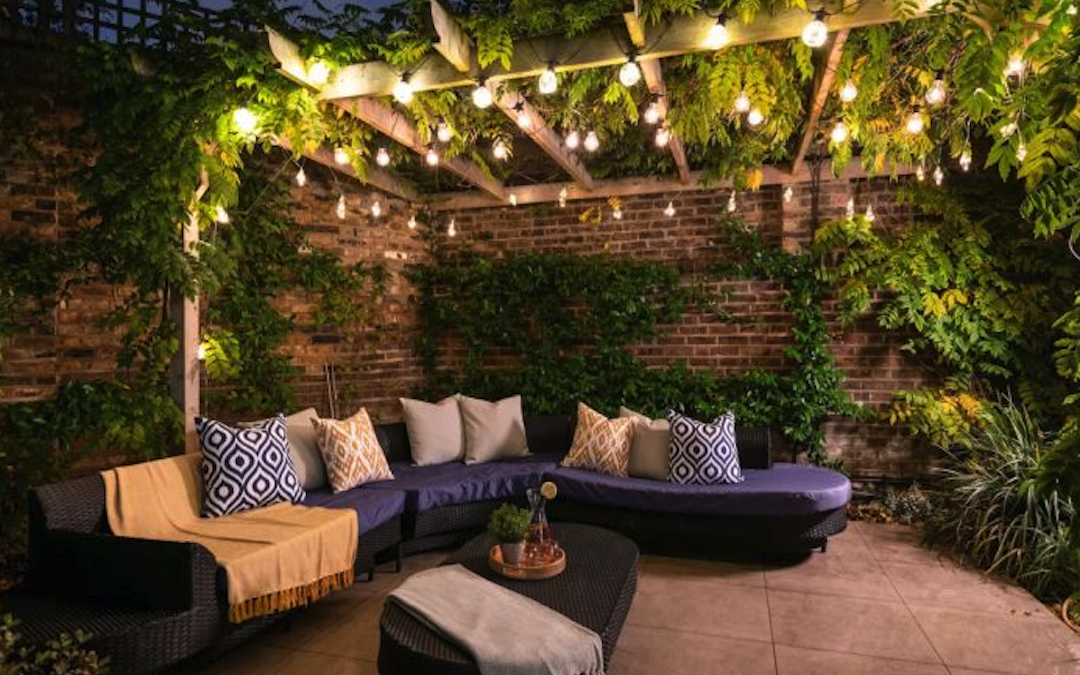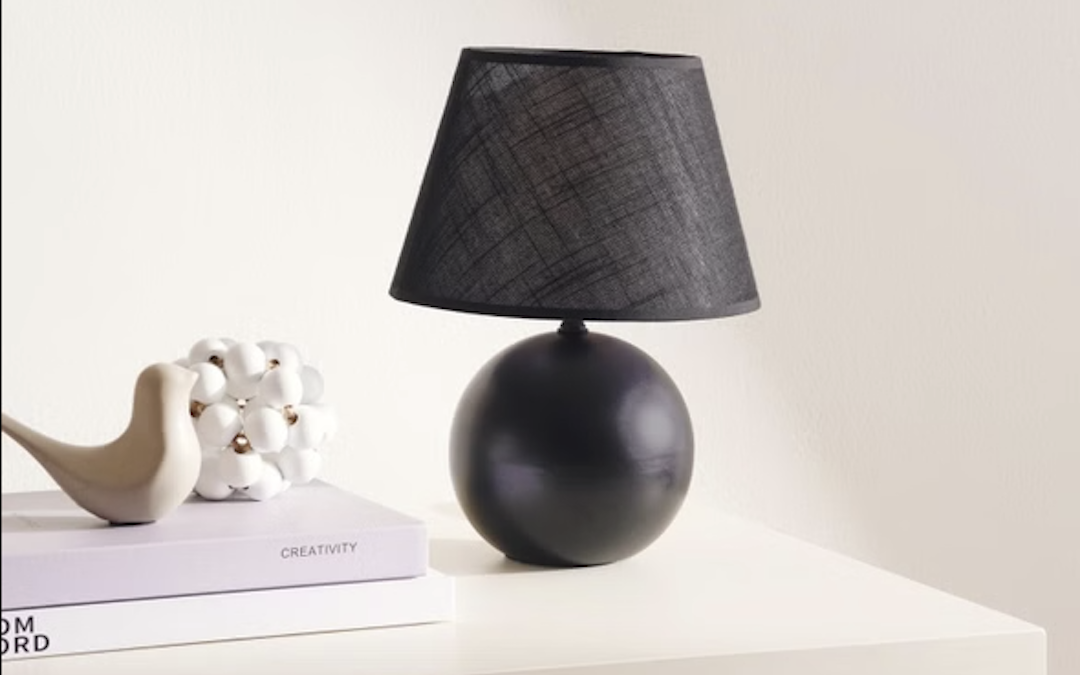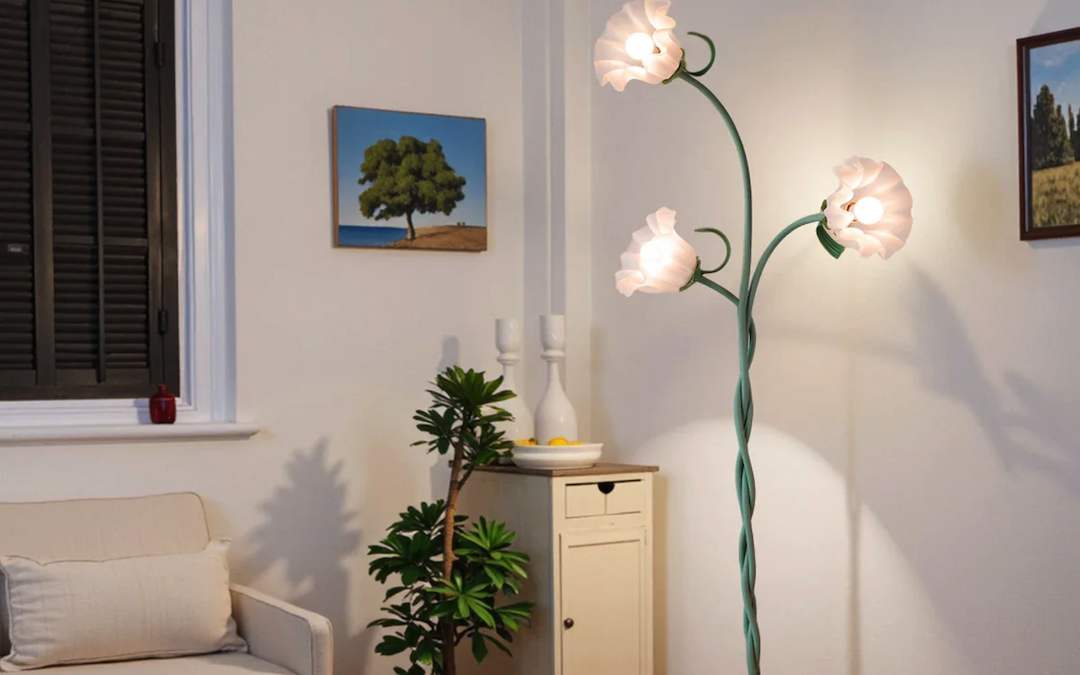Radiant Elegance: Exploring the Beauty of Red Glass Globes
Introduction
Red glass globes are a unique and captivating decor piece that can add beauty and personality to any space. Their bright and vivid hue immediately draws the eye and commands attention. Glass globes have been popular for centuries as stunning and functional accents, but red glass globes have a special allure that is hard to resist. In this article, we will explore the history, production, and uses of red glass globes, as well as some ideas on how to incorporate them into your own home decor.
History of red glass globes
Glass blowing is a technique that has been practiced for centuries, dating back to ancient Rome and Egypt. The first glass globes were created in the 13th and 14th centuries and were used as scientific instruments to magnify and focus light. It wasn’t until the 17th century that glass globes became popular as purely ornamental pieces.
Red glass has been a favorite color for glass makers since its discovery in ancient Egypt. The mineral cuprous oxide was added to molten silica to create a red tint, which was highly valued and considered a luxury item. However, the process was difficult and expensive, so red glass was reserved for royalty and the wealthy.
It wasn’t until the 19th century that advancements in glass production made red glass more affordable and readily available. Artisans used red glass to create stunning pieces of art, including vases, bowls, and, of course, globes.
Production of red glass globes
Many of the techniques used to create glass globes have remained unchanged for centuries, but modern technology has made the process faster and more efficient. Here is a brief overview of the steps involved in creating a red glass globe:
Gathering the glass
The first step in creating a glass globe is to gather molten glass from a furnace using a blowpipe. The glass is then shaped by rolling or blowing it into a sphere.
Addition of color
Red glass is created by adding cuprous oxide to the molten silica. The amount of cuprous oxide used affects the intensity of the red color.
Blowing the glass
The glassblower will then shape and stretch the red glass globe by blowing into the blowpipe, using tools to shape the glass as needed.
Finishing touches
After the globe has taken shape, the glass must be annealed to strengthen it and prevent cracking. The globe may also be polished or coated to create a unique finish and enhance its beauty.
Uses for red glass globes
Red glass globes can be used in a variety of ways to add color and interest to any room. Here are some ideas:
As a centerpiece
A red glass globe can make a stunning centerpiece for a dining table or coffee table. Fill the globe with fresh flowers, water, or even battery-operated LED lights for a beautiful effect.
On a shelf or mantle
A single red glass globe can make a bold statement on a shelf or mantle. Or, try displaying a group of globes of different sizes for added interest.
In a window
Hang a red glass globe in a sunny window to catch the light and create a beautiful rainbow effect.
Conclusion
Red glass globes are not only beautiful, but they also have a rich history and are a testament to the centuries-old art of glass blowing. Whether used as a functional accent or purely for decoration, a red glass globe can add warmth, personality, and elegance to any space. Consider adding one (or more!) to your own home decor collection and enjoy their timeless beauty for years to come.



